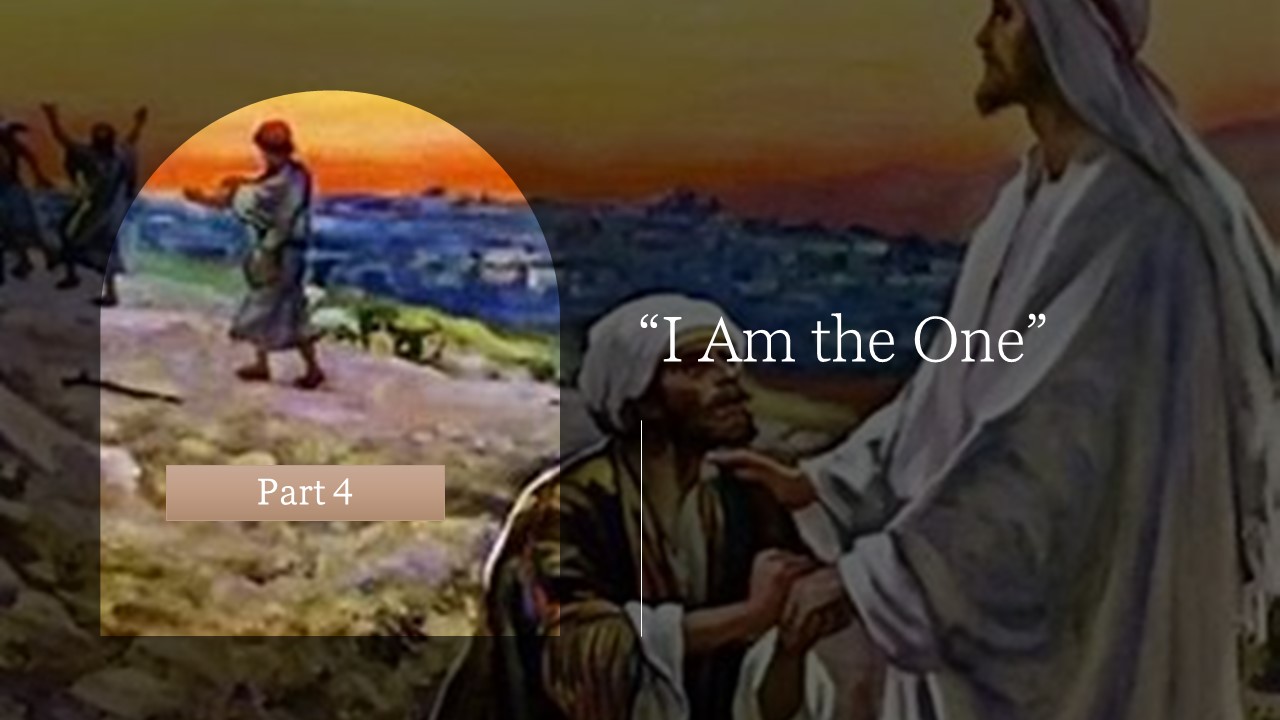The Gospel of Luke, traditionally attributed to Luke, a physician and companion of the Apostle Paul, offers a unique perspective on Jesus and the early Christian church. While little is known about Luke's personal life, evidence from Acts and his meticulous writing style suggest he was a well-educated Gentile with a passion for historical accuracy. Early church tradition consistently supports Luke's authorship of both the Gospel and Acts, addressed to Theophilus.
Written during a time of growing Gentile interest in Christianity, Luke's Gospel emphasizes the universality of Jesus' message, particularly his compassion for the marginalized. Luke's careful research, including interviews with eyewitnesses, resulted in a detailed and historically accurate account that aimed to educate and reassure believers.
Luke's emphasis on the Holy Spirit, Jesus' compassion for the marginalized, and the importance of joy and praise are prominent themes in his Gospel. He also explores the demands of discipleship and the transformative power of encountering Jesus.
Luke's Gospel holds enduring relevance for modern Christians. His emphasis on truth and accuracy encourages us to seek understanding and apply biblical lessons in our own context. His portrayal of Jesus' inclusive ministry reminds us to show compassion and embrace diversity. Additionally, Luke's focus on teaching and discipleship underscores the importance of educating and nurturing others in their spiritual journey.
Overall, Luke's Gospel provides a unique lens through which to view Jesus and the early church, offering a message of hope, inclusion, and compassion that continues to resonate with believers today.

The Song of Solomon is an unusual but beautiful Old Testament book. While, on the surface, it might seem like a steamy romance novel...

Imagine an athlete preparing for a race, but instead of arriving light and ready, they wear a heavy backpack filled with unnecessary items. Each...

Today we air a special episode of 1010 Thrive – the fourth in a five-part series about a man who remembered to give thanks....